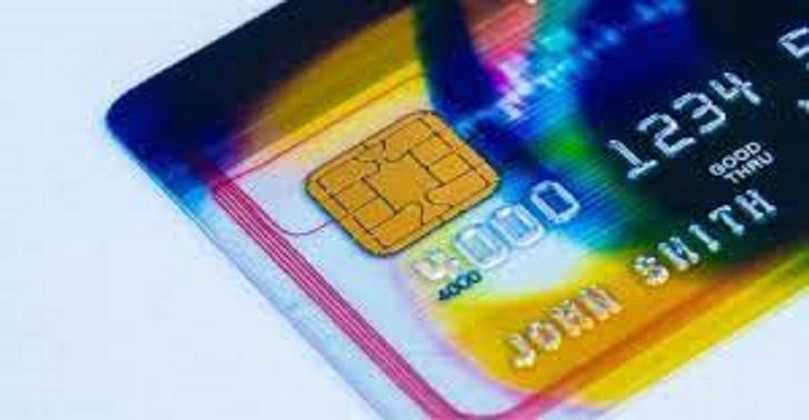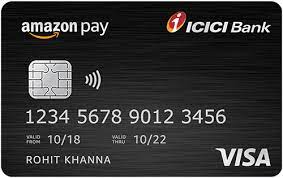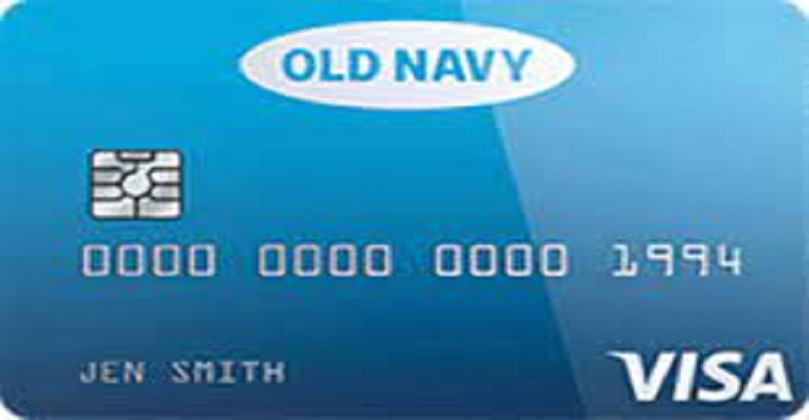Table of Contents
Fed’s Latest Interest Rate Hike Further Burdens Credit Card Debtors: The Federal Reserve (Fed) recently announced its decision to hike interest rates, which has consequences for credit card debtors. The rate hike could potentially increase the burden of credit card debt for many Americans. In this article, we will discuss the reasons behind the Fed’s decision, the impact on credit card debtors, and what they can do to manage their debt.

Why Did the Fed Hike Interest Rates?
The Fed’s decision to hike interest rates is based on its assessment of the state of the economy. The economy has been recovering from the pandemic-induced recession, and inflation has been rising. The Fed aims to keep inflation in check by adjusting interest rates. By hiking interest rates, the Fed hopes to slow down spending and prevent the economy from overheating.
Impact on Credit Card
Debtors Credit card debt is one of the most expensive forms of debt, with interest rates typically ranging from 15% to 25%. When the Fed hikes interest rates, it affects the interest rates on credit cards as well. As a result, credit card debt becomes more expensive, making it harder for debtors to pay it off.
For example, suppose you have a credit card balance of $10,000 with an interest rate of 20%. If the Fed hikes interest rates by 0.25%, your credit card interest rate could increase to 20.25%. That might not seem like a lot, but it can make a significant difference in the long run. You would end up paying an additional $250 in interest charges over the course of a year, assuming you make minimum payments.
What Can Credit Card Debtors Do?
If you are a credit card debtor, there are several steps you can take to manage your debt in light of the Fed’s interest rate hike.
- Pay More Than the Minimum Payment Paying more than the minimum payment can help you pay off your debt faster and save money on interest charges. Even if you can’t pay off your balance in full, paying more than the minimum payment can make a significant difference in the long run.
- Look for Ways to Reduce Your Interest Rate If you have good credit, you may be able to negotiate a lower interest rate with your credit card issuer. You can also consider transferring your balance to a credit card with a lower interest rate or taking out a personal loan to pay off your credit card debt.
- Create a Budget Creating a budget can help you prioritize your expenses and find ways to reduce your spending. By cutting back on unnecessary expenses, you can free up more money to put towards your credit card debt.
- Consider Credit Counseling or Debt Consolidation If you are struggling to manage your debt, credit counseling or debt consolidation may be an option. Credit counseling can help you create a budget and develop a plan to pay off your debt, while debt consolidation involves combining multiple debts into a single loan with a lower interest rate.
Understanding the Fed’s Interest Rate Hike:
- Federal Reserve’s role in setting interest rates
- The rationale behind the decision to increase rates
- Historical context of interest rate hikes
Impact on Credit Card Debt:
- How credit card interest rates are affected by the Fed’s decision
- Increase in monthly minimum payments
- Extended repayment periods
- Accumulation of more interest over time
Challenges Faced by Credit Card Debtors:
- Financial strain and budget constraints
- Increased difficulty in paying off debt
- Impact on credit scores and future borrowing opportunities
Tips for Managing Credit Card Debt:
- Create a realistic budget and stick to it
- Pay more than the minimum payment each month
- Consider balance transfers or debt consolidation
- Seek professional advice if needed
Alternatives to Credit Card Debt:
- Exploring lower-interest loan options
- Using personal savings to pay off debt
- Negotiating with creditors for lower interest rates or repayment plans
FAQ
How often does the Fed hike interest rates?
The Fed adjusts interest rates based on its assessment of the state of the economy. Interest rate hikes are not on a set schedule and can vary depending on economic conditions.
How does the Fed’s interest rate hike affect other types of debt?
The Fed’s interest rate hike can affect other types of debt, such as mortgages, car loans, and student loans. However, the impact may not be as significant as it is on credit card debt.
Can credit card issuers hike interest rates independently of the Fed?
Yes, credit card issuers can hike interest rates independently of the Fed. However, they typically follow the Fed’s lead when it comes to interest rate changes.
Conclusion:
The Federal Reserve’s decision to increase interest rates has created additional challenges for credit card debtors. Higher interest rates result in increased financial burdens, making it harder for individuals to manage their debt effectively. However, there are steps debtors can take to alleviate the impact of this interest rate hike. By creating a realistic budget, paying more than the minimum payment, and exploring alternative repayment options, debtors can work towards reducing and eventually eliminating their credit card debt. It is essential to seek professional advice if needed and to remain proactive in managing financial obligations. By staying informed and taking appropriate action, credit card debtors can regain control of their financial well-being and pave the way towards a debt-free future.


